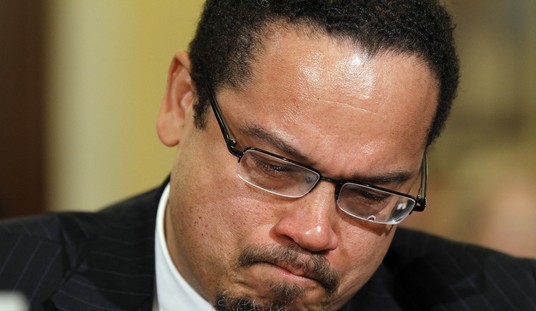In a series of tweets, Georgetown Law professor Jonathan Turley articulates a similar sentiment to that expressed by Sen. Lindsey Graham in a letter to Sen. Chuck Schumer about the constitutionality or lack thereof regarding a post-presidency impeachment trial.
It is the future of the Constitution, not Donald Trump, that most concerns me in this Senate trial. The Constitution states that removal of a president is the primary purpose of such a trial. At the trial, Trump will be neither a president nor in office. https://t.co/GSPpxJ3JCW
— Jonathan Turley (@JonathanTurley) January 17, 2021
He invokes the historical anecdote of William Blount, a U.S. senator from Tennessee who in 1797 failed to appear for his impeachment and expulsion trial.
This is one time when Trump’s natural inclination to be blunt would be better served to be Blount. William Blount. By declining to appear, the Senate would face the glaring contradiction of deciding whether a president "shall be removed from office –after he already left office.
— Jonathan Turley (@JonathanTurley) January 17, 2021
The future of the Constitution, as Turley states, and the ability of the nation to move forward are both important factors to be considered.
The Trump trial could prove the tale of two cases with strikingly different precedents. The Democrats are likely to rely on the case of William Belknap rather than William Blount. For Trump, it is Blount who should be the focus of the Senate. https://t.co/7PpbLChiBm
— Jonathan Turley (@JonathanTurley) January 17, 2021
Recommended
…If the Senate proceeds to a trial despite a lack of constitutional authority, Trump can sit in Mar-a-Lago and promise to challenge any effort to disqualify him from future office. Indeed, the political miscalculation may be greater than the constitutional miscalculation.
— Jonathan Turley (@JonathanTurley) January 17, 2021
***
Editor’s note: This post has been updated with additional tweets.
RELATED:
























Join the conversation as a VIP Member